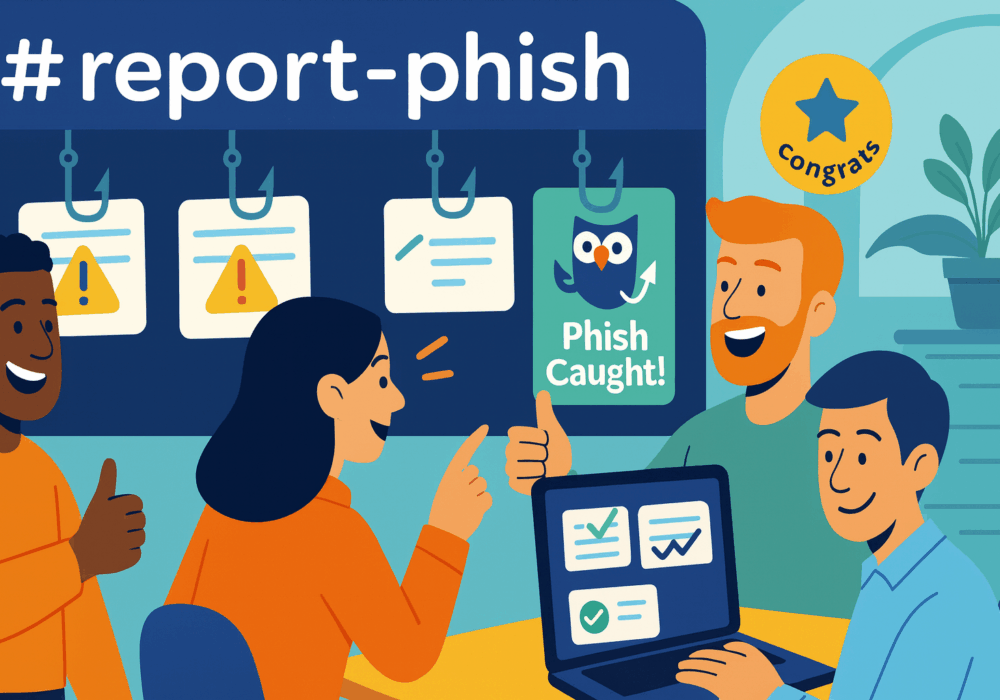A Transaction Lock refers to the step taken by mobile payment app users to secure their accounts and help prevent fraudulent activity. A form of Transaction Lock is commonly seen when credit card users ‘lock’ their credit card when it’s been lost or stolen to prevent it from being used anywhere by criminals.
Transaction Locks are specifically meant to prevent malicious users from sending money through payment applications like Cash App, Apple Pay, and Google Pay. The Transaction Lock on these apps operate by forcing the users attempting to make a payment to enter a passcode or authenticate via biometrics (face scan, fingerprint); similar to when you unlock your iPhone, using your face to authenticate. It’s important to understand that the application itself doesn’t have a ‘lock’, authentication only takes place when a specific form of transaction is being attempted.
It is really important that you enable these Transaction Lock features to ensure you are the only one performing transactions on your mobile payment app accounts. No matter what application you use, there are security features available that can help you stay secure. Following CyberHoot’s best practices below for smartphone security is a gigantic step forward for your cybersecurity preparedness.
While these are all vital when using smartphones, you should also follow these additional practices when using computers, especially at work. CyberHoot recommends the following best practices to prepare for, limit damages, and sometimes avoid cyber attacks:
Start building your robust, defense-in-depth cybersecurity plan today with CyberHoot.
Sources:
Additional Reading:
Hackers Releasing Fake Contact Tracing Applications
Smartphones Targeted by Drive-by Malware
Related Terms:
CyberHoot does have some other resources available for your use. Below are links to all of our resources, feel free to check them out whenever you like:
Note: If you’d like to subscribe to our newsletter, visit any link above (besides infographics) and enter your email address on the right-hand side of the page, and click ‘Send Me Newsletters’.
Discover and share the latest cybersecurity trends, tips and best practices – alongside new threats to watch out for.

Artificial Intelligence (AI) tools are entering our businesses like a new intern with great ideas but no...
Read more
CyberHoot believes security awareness should feel positive, empowering, and rewarding. Traditional phishing...
Read more
In today’s cybersecurity landscape, breaches are rarely caused by a lack of technology. Instead, they stem from...
Read moreGet sharper eyes on human risks, with the positive approach that beats traditional phish testing.
